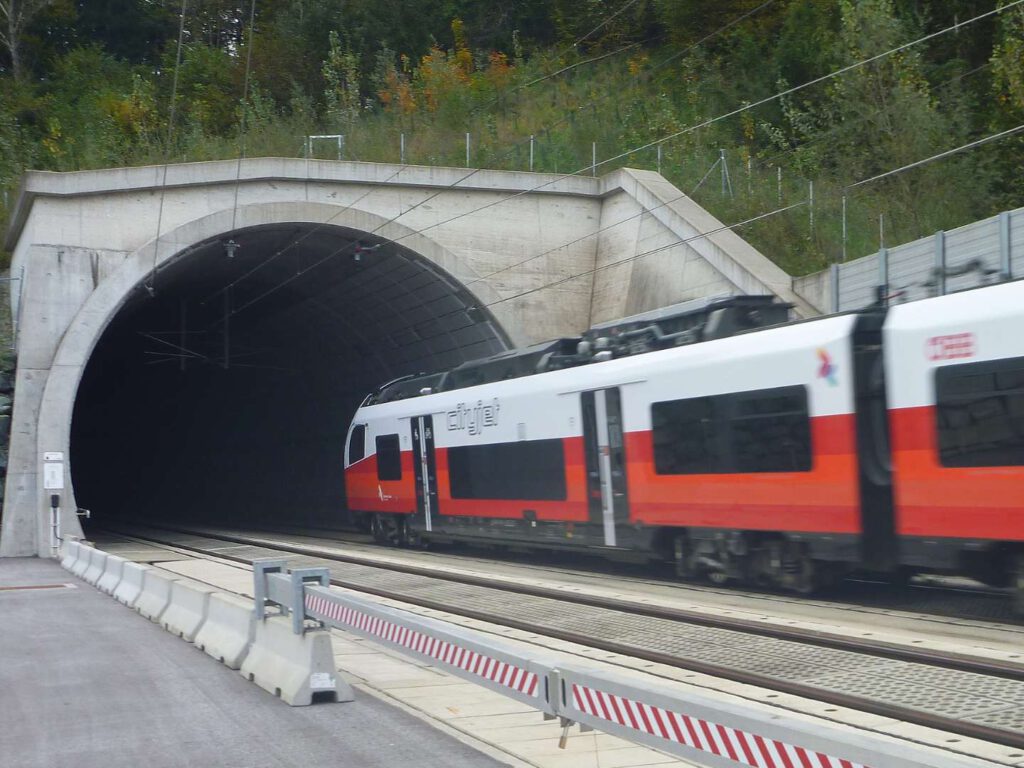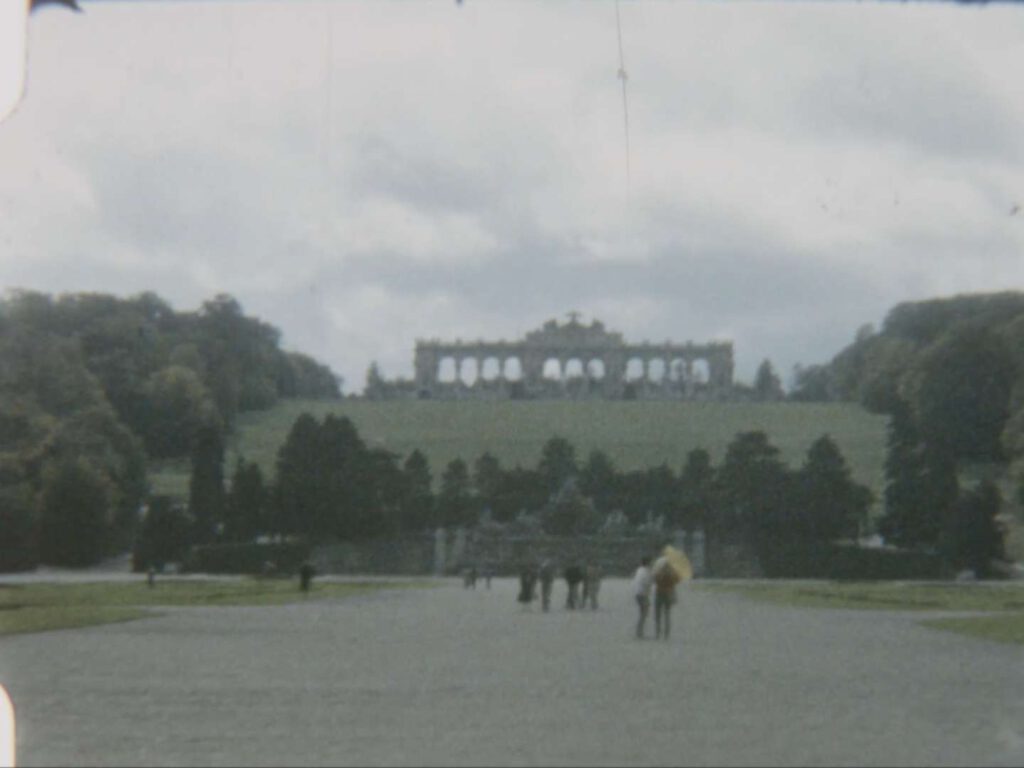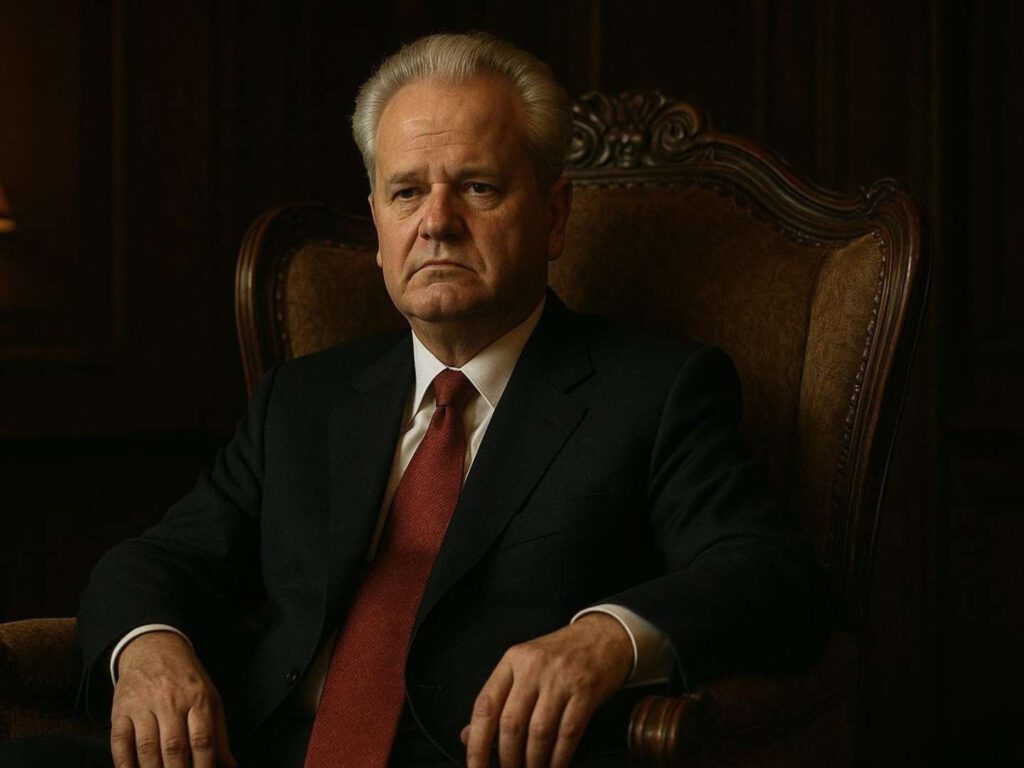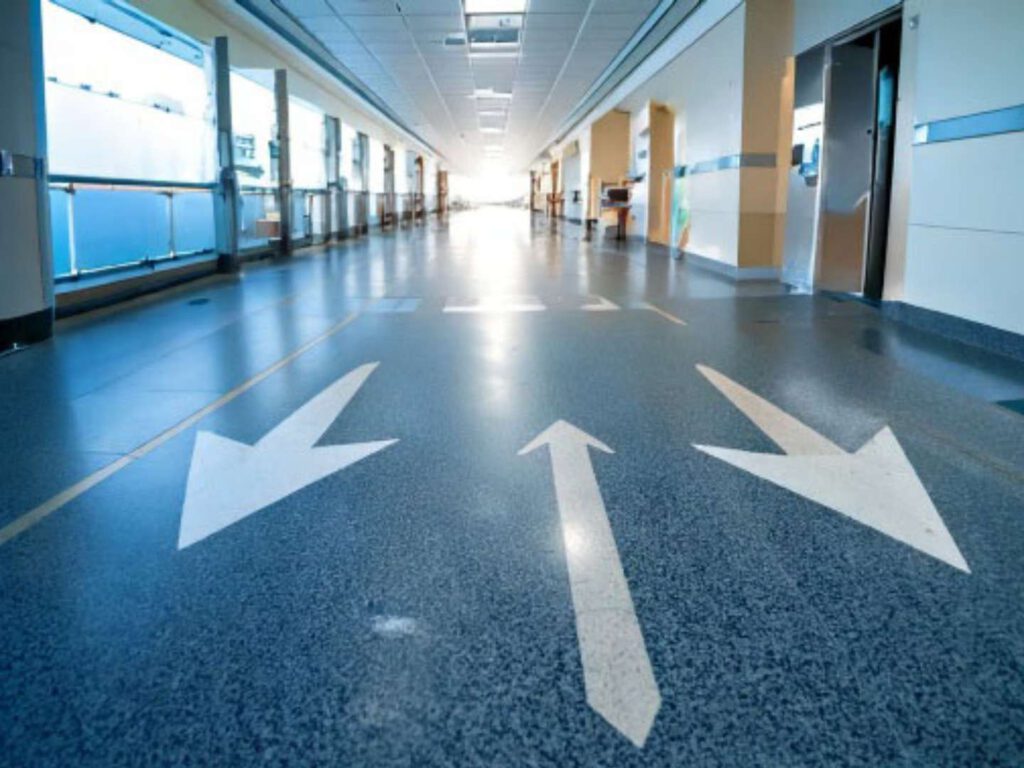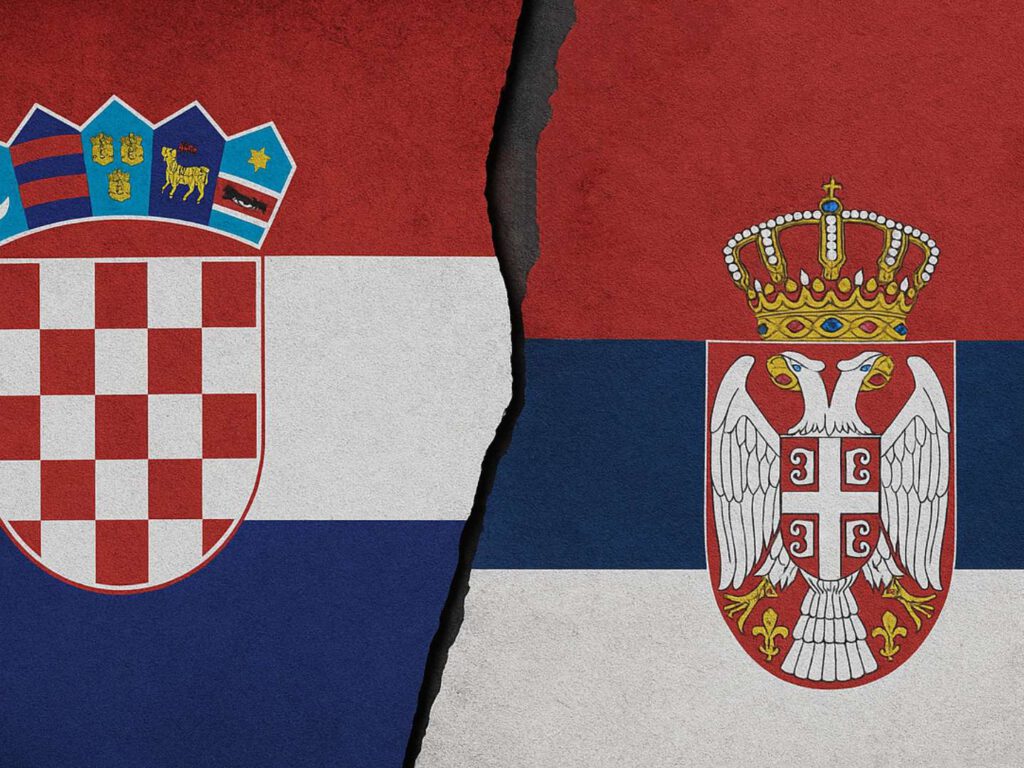Georgia’s football fairytale and its impact on domestic politics
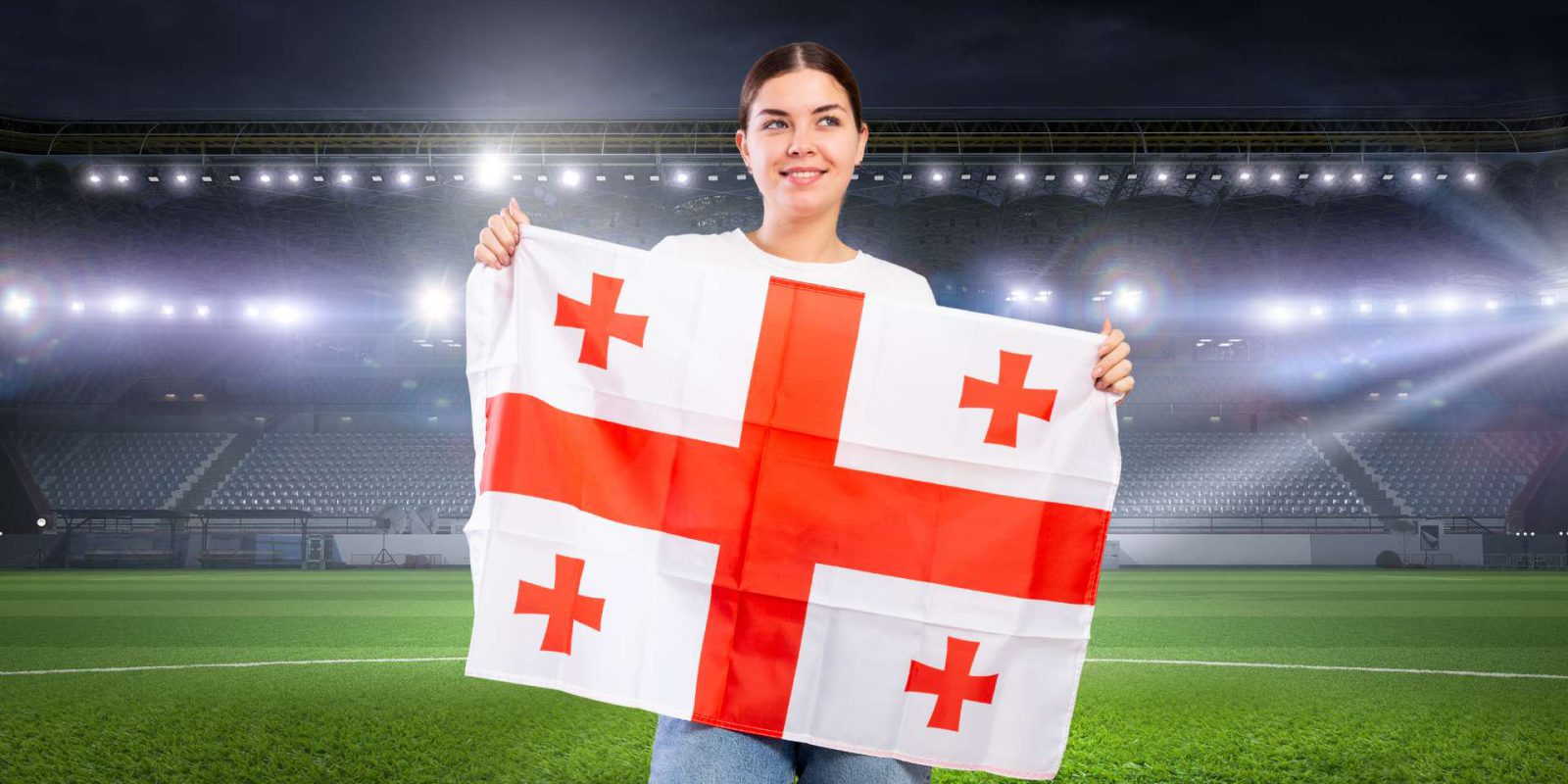
On July 2nd 2024, the Georgian football team returned from the European Championship 2024. People, especially young people, came to meet them at the airport. In the evening, a public celebration was planned, culminating with the appearance of the football players on the stage in front of the crowd and the president, Salome Zurabishvili, handing them medals of honor.
In the center of Tbilisi, at Freedom Square, thousands of people gathered to thank the players who wrote history for Georgia: Georgia went to the European Championship for the first time and passed the group stage.
After addressing the fans of football players at Freedom Square, the Prime Minister of Georgia, Irakli Kobakhidze, started to speak. He had not finished his first words when the crowd started a deafening obstruction. Kobakhidze was forced to stop his speech and gave the floor to the President Zurabishvili. In a few seconds, the obstruction turned into applause of satisfaction and joy.
People then called this moment the informal elections.
Georgia’s football history in a nutshell
Georgia is a football country: Almost every neighborhood has football pitches, where kids or adults play every night. A large part of the population knows football and the whole country eagerly waits for the national team’s games.
Georgian football reached its peak in the years 1978–1981 during the Soviet era, when the Georgian club Dinamo Tbilisi won every possible trophy – including the UEFA Cup Winners’ Cup. During the time of the Soviet Union, for Georgians, Dinamo Tbilisi was not just a club – it was one of the main means of national and political self-representation, indirectly representing the Georgian national team. Among the stadiums of the Soviet Union, Tbilisis „Dinamo“ stadium was considered a record holder in terms of annual average attendance of spectators (45.000).
The collapse of the Soviet Union resulted in a political and economic disaster for Georgia, which directly affected the country’s number one sport. Football clubs complained about funding, the quality of stadiums, schools, and everything necessary for the development of the sport. The result was that at both club and national level, there had been no international success for almost two decades.
At the 2024 European Championship, Georgia was a clear underdog in the group and the tournament. The very first game against Turkey proved that Georgia was able to play on an equal footing with much stronger teams, displaying beautiful football. To many surprised spectators, Georgia even secured a win against Portugal – again resulting in domestic celebrations. Even though Georgia lost to Spain in the round of sixteen, who would go on to win the tournament, there still was a celebration in Tbilisi – acknowledging the great overall success of Georgia’s performance.
An authoritarian shift?
On May 14th 2024, the ruling party of Georgia, „Georgian Dream“, adopted the so-called „Agents Law“, which was soon followed by the President’s veto and its override and final approval on May 28th.
The Agents Law in Georgia is considered a Russian law, the purpose of which is to destroy organizations or groups that are undesirable to them and to establish authoritarianism in the country. The law received a huge backlash in Georgian society. Almost every day from April to May, the largest protests in the country’s history were held. The protests were accompanied by unprecedented police brutality and human rights violations, the worst of the last 20 years in Georgia (for more details on this topic, see the article „An Attack on Georgia’s Democracy”).
The mass violence in the country did not go unnoticed by the international community. The Georgian government was widely criticized by both individual states and international organizations.
Among the many appeals of the European Union to the Georgian authorities to withdraw this anti-democratic law, one of the statements read that the EU recalls the ruling party’s last year pledge to „unconditionally withdraw“ such legislation, and says that „creating and maintaining an enabling environment for civil society organizations and ensuring media freedom is at the core of democracy,“ which at the same time „is also crucial for the EU accession process.“ On July 9th, the ambassador of the European Union to Georgia announced that the process of Georgia’s accession to the European Union and some financial support had been suspended. Since the Declaration of Independence, Georgia has been trying to get politically closer to the democratic states of the West. To this day the overwhelming part of Georgian society sees the country’s future in the European Union and NATO.
Parliamentary elections must be held in Georgia on October 26th 2024. The government’s situation is dire, and their actions sharply move the country away from its democratic development path, instead bringing it closer to Russia, which occupies 20 % of the country and against which there is great antipathy in society.
President Zurabishvili’s reputation among the Georgian population is increasing more and more. Even though Zurabishvili became the president with the support of the Georgian Dream, she completely abandoned the party in the last two years and is today’s vanguard during the ongoing struggle for the survival of Georgian democracy.
The Georgian Dream, to a large extent, also places its hopes on the current processes in international politics. As recently as last year, they began a political flirt with Hungarian Prime Minister Viktor Orbán. In the current elections to the European Parliament, they hoped for the victory of the populist right wing, aiming to thereby weaken the political pressure and indirectly helping to maintain the power in Georgia.
The Georgian Government is facing international isolation due to anti-democratic actions in the country. On the other hand, there is a crisis of legitimacy in Georgian society as well, which cannot adapt to the change in the geopolitical course and the establishment of authoritarianism. The government is in a difficult situation, ahead of the parliamentary elections in October. In their hands, they only have falsification of elections and cheap populism, based on pseudo traditional values.
Politicization of football and the player’s responses
In 2023, when the Georgian Dream first tried to pass the law on agents, famous Georgian football players supported the demonstrators. This time, before the second initiation of the law, the government officials tried to „get closer“ to the players. They praised them publicly, taking photos with them, and celebrated the victory together on a specially arranged stage after a match between Greece and Georgia. They understood that the players had a huge influence on the people’s minds, so they had to silence them in advance, and in the best case, get their support.
Despite the efforts, everything turned out to be the opposite. The football players, indirectly or directly, supported the demonstrators – for example, Napoli striker and member of the national team Khvicha Kvaratskhelia wrote on a social network: „Georgia’s path is to Europe. The European way unites us! Forward to Europe! Peace to Georgia“. Midfielder Giorgi Chakvetadze also made a statement: „It is hard and difficult for me to watch how they confront my fellow citizens, especially women and children. Nothing is above our people, no law is above that. Recall this law and let’s live together again, as it was on 26 March! Refusal to everything Russian, with a full move towards Europe“. Budu Zivzivadze was the most politically active among the players of the national team. Zivzivadze soon became the target of government propaganda – he was accused of having a political agenda, “influenced” by his father who turned out to be a member of one of the opposition parties.
Georgia’s „political EURO 2024“ continued: During the games, a photo of the leader of Georgian Dream, oligarch Bidzina Ivanishvili’s son, taken in the dressing room of the national team, was published. This was soon followed by the picture of Prime Minister Kobakhidze’s young son, again in the dressing room. There is no doubt that banal nepotism took place, but the government officials did not comment on this.
The government, by its actions, tried to gain political benefits from the success of the players of the national team. A clear illustration of this is Bidzina Ivanishvili, who set 30 million Georgian Lari as a reward to the team for passing the group stage. At the same time, other representatives of the party tried to appear next to the players as often as possible. This is how the ceremonial welcome on July 2nd at Freedom Square was conceived. Initially, President Zurabishvili was not scheduled to go on stage, and when she publicly stated her desire to do so, Georgian Dream members rejected the possibility. Despite the refusal, she still came to the public celebration.
July 2nd ended with shame for the government: Prime Minister Kobakhidze was forced to stop his speech due to the obstruction of the people, and the stage was given to the President, who delivered her speech amid public applause and support. This day was not only a victory of Georgian football but a small victory for Georgian democracy too. The participation of the Georgian national team in the European Championship made everyone forget about the political crisis in the country. The government failed to gain support at the expense of the football team. On the contrary, the whole Euro 2024 took place in the background of scandals, which ended in public shame for them. But still, the fate of Georgia will be decided on October 26th: will it continue its moving towards democracy, or will it become the Russian-style authoritarianism, based on pseudo-conservative values, corruption, and violence?
GABRIELI CHUBINIDZE is a graduate of the BA in Sociology, and MA in Modern history of Georgia at the Ilia State University in Tbilisi, Georgia. He is a MA program coordinator now. Gabriel is a conflict and modern history researcher, photographer, who is particularly invested in the history of USSR, post-soviet Georgia, conflict transformation and peacebuilding, spaces and places. The themes of soviet legacies, architecture, displacement and understandings of it is central in Gabriel’s work.
